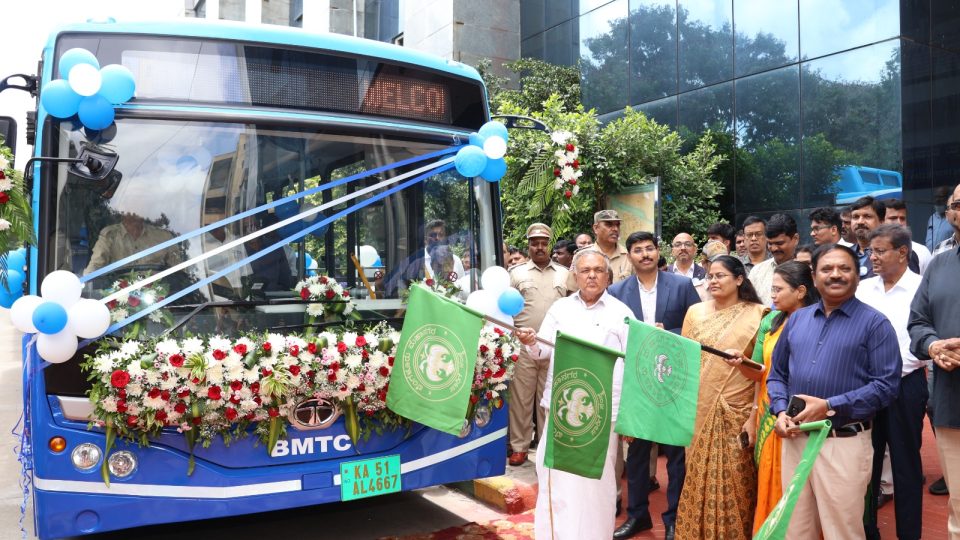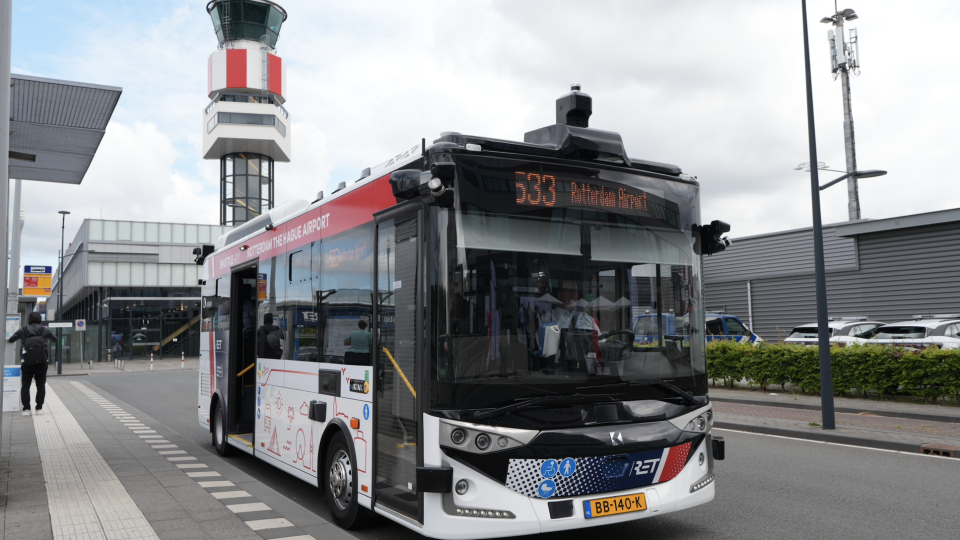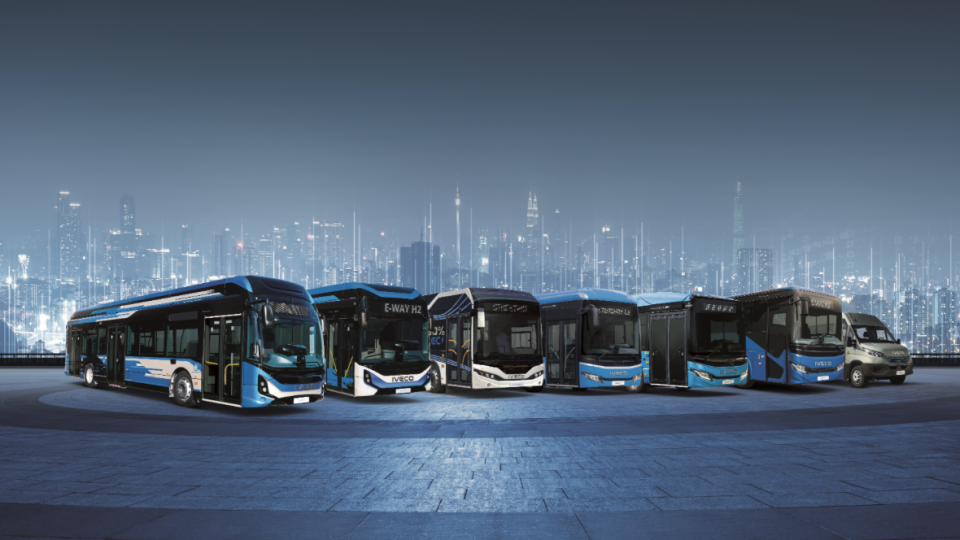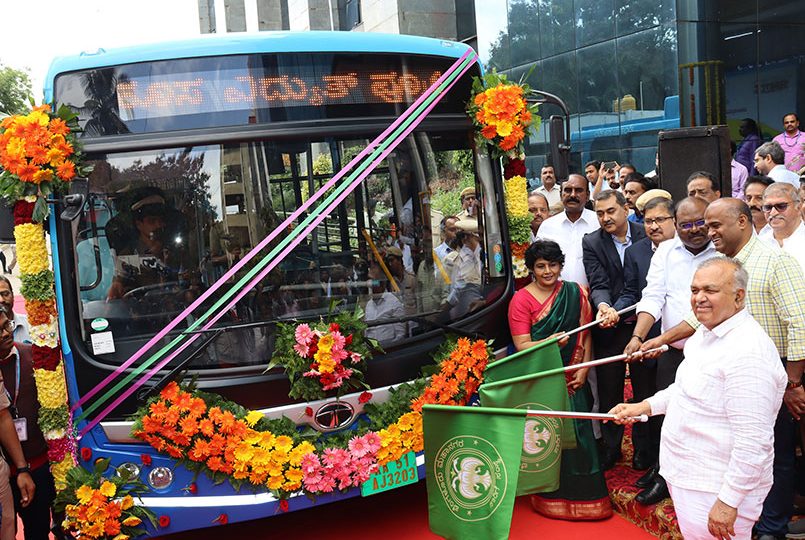58 per cent of planned zero emission bus orders set to be cancelled in Germany after halt in subsidies, VDV states
In Germany, every 100 zero emission buses to be tendered according to plans, only 42 are set to be effectively procured following halt of subsidies. A recent industry survey of VDV member companies specifically shows that of the 2,396 locally emission-free city buses originally planned, only 42 per cent will be procured as planned. “The […]
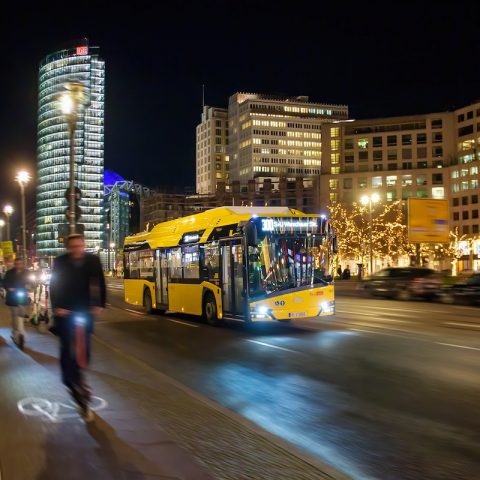
In Germany, every 100 zero emission buses to be tendered according to plans, only 42 are set to be effectively procured following halt of subsidies.
A recent industry survey of VDV member companies specifically shows that of the 2,396 locally emission-free city buses originally planned, only 42 per cent will be procured as planned.
“The e-bus ramp-up in public transport threatens to come to an abrupt end after funding cuts”, stated VDV Vice President Werner Overkamp on the fringes of the VDV’s traditional Rhineland Evening in Berlin in view of the results of a VDV industry survey. “This is a development that we would not have expected one or two years ago. If 58 per cent of the originally planned zero-emission buses are now being procured as diesel or gas buses, this means the end of a promising development”.
VDV on the procurement of zero emission buses in Germany
Already in March, VDV president Ingo Wortmann urged that tha stop of federal subsidies “put conversion of 10,000 buses to zero emission at risk”.
The German public transport companies’ association VDV has 700 member companies, The cuts in the federal budget, announced earlier this year (which opened up a lively debate), represent a hurdle for many of the 700 or so transport companies organised in the VDV, which want to convert around 10,000 buses to emission-free drives by 2025. According to the VDV, the future of these plans is in doubt without reliable funding. In fact, the organization points out in a press note, “The funds for the purchase of zero-emission buses and for the necessary conversion of depots have been reduced by almost 77 million euros in the federal budget“.
“Without adequate funding, companies will not be able to convert their fleets, retrofit their workshops or retrain their staff. The e-bus market ramp-up to date has secured important orders and promising jobs for the industry”, VDV stresses.
Today, at least 88 per cent of regular-service buses are running on diesel engines. According to the EU’s new CO2 fleet limits, 90 per cent of new city buses brought onto the market must be emission-free from 2030, and all of them from 2035.
The opinion of VDV is clear: “It won’t work without funding, and funding programmes are more important than ever in view of the difficult financing situation.The funds for the purchase of zero-emission buses and for the necessary conversion of depots have been reduced by almost 77 million euros in the federal budget. Although the Climate and Transformation Fund provides for a slight increase for 2025, the funding programmes are due to expire by 2029 – the consequences are now materialising on the ground”, adds Overkamp.
About Energy Efficiency Act
The German government also recently announced that, as part of the Energy Efficiency Act, it would examine whether public passenger transport and rail freight transport companies could be exempted from the energy consumption savings targets. The background to this is a statement by the industry association VDV, which points out that transport companies will not be able to achieve the energy saving targets if they have to expand their bus and rail services and increase the frequency of services at the same time. The law stipulates that the public sector must reduce its final energy consumption by two per cent annually above a certain threshold. “These requirements are not technically feasible and ultimately lead to a reduction in public transport services. An exemption would be appropriate and legally possible”, says Overkamp.




